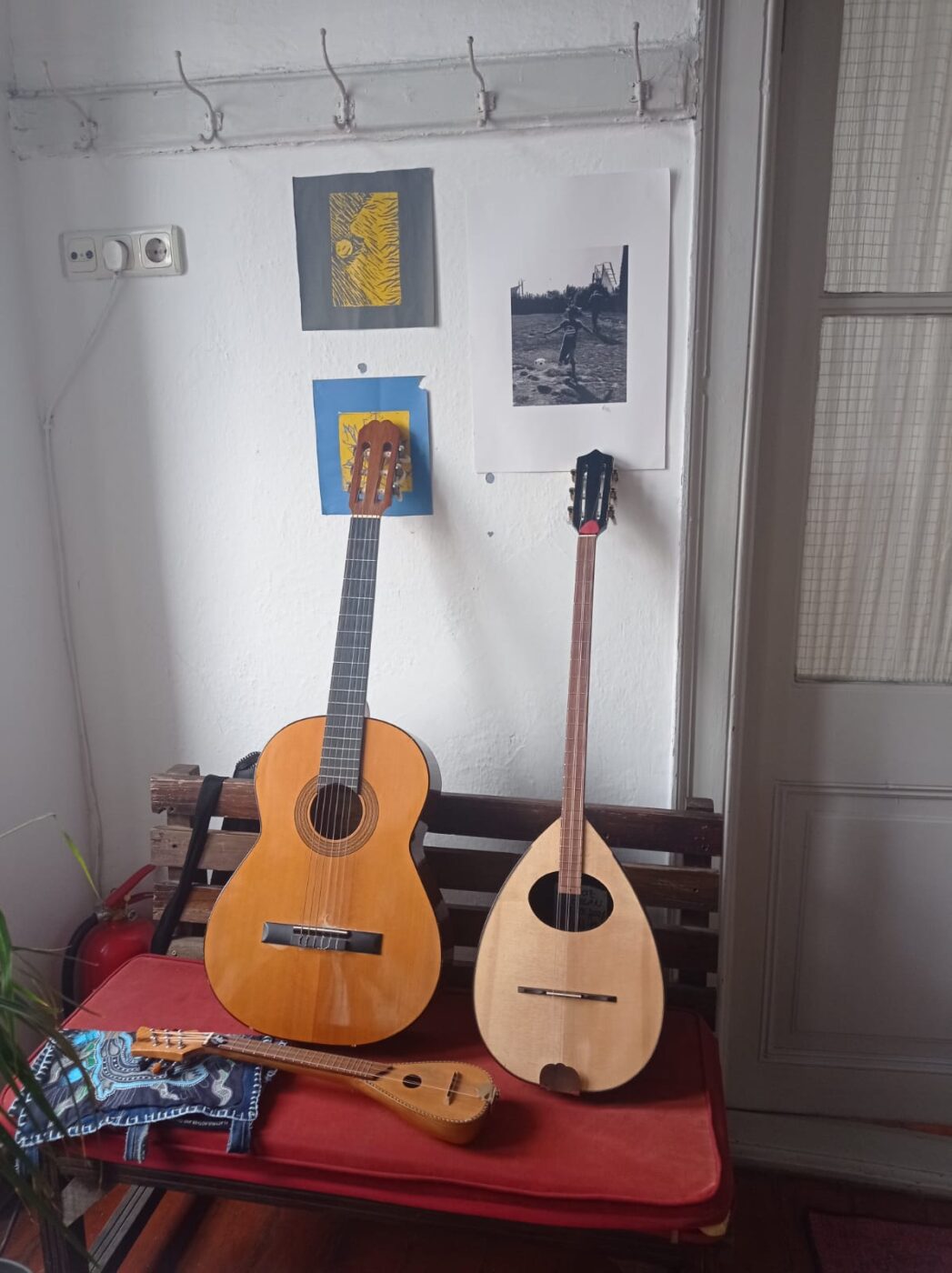Node 07 - Antenna
Ended
October 2023 - February 2024
Countries: Turkey
Nodes: Izmir
Localizing Solidarities in Izmir: Affordances, Raptures, and Continuities
This research in Izmir focus on the city’s multicultural past, diverse diaspora, and the complexities of solidarity initiatives within its secular-nationalist framework.
Introduction: This research endeavors to analyze the formation of solidarity movements among migrants at the local level, exploring the intricate interplay between the state, international refugee policies, and trajectories of solidarities. Emphasizing that solidarity movements are intricately linked to historical political contexts, the study aims to understand the repertoire of actions and architectures of these movements, considering their potentials and pitfalls within the broader sociopolitical landscape.
Context: Solidarity movements, according to the research, are shaped by historical and political contexts, and the study seeks to answer questions regarding the influences of the historical political context on the actions and structures of solidarity movements among migrants. The approach also examines the pluralities of solidarity movements in terms of citizenship regimes, considering factors such as ethnicity, class, and gender.
Case Study: Izmir Izmir, as the initial fieldwork node, presents a rich multicultural past and a diverse diaspora community, juxtaposed with its role as a prominent secular-nationalist hub in modern Turkey. The city serves as a point of departure for migrants, with various communities transiting through different areas. While the city center houses numerous civil society organizations, fewer operate in the surrounding rural areas traversed by unauthorized migrants. Despite the limited numbers, solidarity organizations persist, especially in the city center, providing the research an opportunity to understand the plurality of solidarities, focusing on conflicts, alliances, and maneuver repertoires.
Research Questions: The primary research question focuses on understanding how the temporalities and spatialities of unauthorized migrant movements intersect with solidarity movements. The study maps solidarity networks both within the city and beyond the immigrant neighborhoods, exploring the dynamics of conflicts, alliances, and maneuver repertoires among various actors engaged in solidarity work.
Methodology: Over a three-month period, the research team will actively engage with pro-migrant collectives and civil society organizations, providing voluntary support for their work. This immersive approach aims to gain deeper insights into the local dynamics of solidarity movements, capturing the complexities and nuances of the relationships between unauthorized migrant movements and solidarity initiatives.
Conclusion: Through the lens of Izmir, this research seeks to unravel the local dynamics of solidarity movements among migrants, offering a nuanced understanding of conflicts, alliances, and maneuver repertoires within the historical and political context. The study not only examines the various forms of solidarity but also explores how they are shaped by the temporal and spatial dimensions of unauthorized migrant movements.
Generative Narrative Workshops: Following in the footsteps of music that once was crossed the borders and unauthorized.
In the framework of the SOLROUTES Project, GNW is “considered a collaborative environment enabling the rise of collective narration” and “an empowering experience and training exchange environment where participants can appreciate the usefulness of the research for their individual trajectories, developing skills in the making of visual objects, storytelling, and speaking out…” “In so doing, SOLROUTES aims to develop a deep relationship with solidarity actors and migrants in transit, observing and debating their representations, experiences, and repertoires of action, giving room and resonance to unheard voices”.
The research team of SOLROUTES in Turkey conducted the first node research in Izmir. The research tried to observe the actors and acts of solidarity and trace spatial trajectories, as well as the general political and social history of the city and the history of migration.
These overarching themes inspired the GNW, which followed the impressions of a music genre that had previously transcended borders and reflected the city’s history of migration.
The GNW took place in Izmir from March 1 to 8, 2024, in the Basmane neighborhood of Izmir, which is home to Turkish and Kurdish domestic migrants in addition to cummunities from MENA and Asian countries with diverse legal statuses. Four Somali unauthorized migrants attended the workshop. Two musicians from the Rebetiko music group, Agora Minor, led the GNW. During the sessions, participants listened to their favorite genres of Rebetiko and Somalian music and tried to perform the basic rhythms together. Finally, a lyric in Somali was penned for a traditional Rebetiko song and performed all together.
L. Körükmez (researcher), M. Cannarella (researcher), M. Cinque (film producer), Agora Minor (Musician group)





